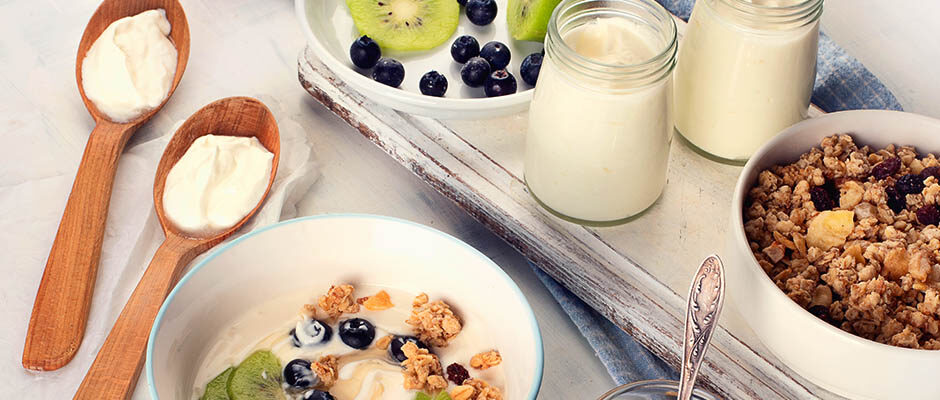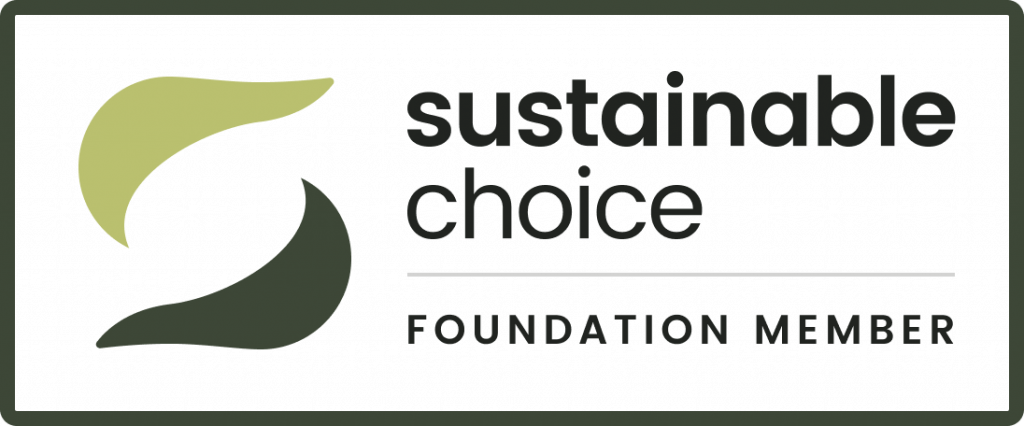by Ashleigh Feltham Accredited Practising Dietitian and Accredited Nutritionist
Five Ways to Decrease Blood Pressure
High blood pressure increases the risk of heart attack or stroke as well as other conditions, like damage to your brain, eyes, and kidneys. Even if your lifestyle consists of regular exercise and a healthy diet, you may still end up with high blood pressure.
If you want to improve your blood pressure naturally without harsh restrictions, this is a must-read post. Here are five dietary additions you can include to help decrease blood pressure.
1. Increase Potassium
Potassium is a mineral that works with sodium to regulate blood pressure and support normal muscle contractions. Most people do not eat enough potassium. This causes an imbalance of sodium, which increases blood pressure.
Good sources of potassium include fruit and vegetables, nuts and seeds, legumes, dairy, and salmon.
2. Increase Magnesium
Magnesium is an essential mineral your body needs. It is involved in over 325 different body functions, including blood pressure regulation. Good sources of magnesium include nuts and seeds, whole grains like wholegrain bread, crackers and couscous, quinoa, oats, and brown, black, or red rice. Tofu, dairy, and leafy greens are also good sources of magnesium.
3. Increase Calcium
Calcium is a mineral needed for strong bones and teeth as well as for normal muscle contractions, like contractions in your heart. Meeting your daily needs of calcium is one way you can help keep your blood pressure at healthy levels.
Good sources of calcium include dairy, fortified soy products like tofu and soy milk, almonds with skin, leafy greens, sardines and canned pink salmon with bones.
4. Add in Nitrate
Dietary nitrates can help your blood vessels widen or dilate. This improves the blood flow through your blood vessels and allows more oxygen and other important nutrients to be delivered throughout your body. As a result, this helps to lower your blood pressure.
Good sources of nitrate include beetroot, leafy greens like spinach, kale, lettuce, fennel, radishes, rocket, Chinese cabbage and parsley.
5. Increase Prebiotics and Probiotics
The World Health Organisation defines probiotics as ‘live microbes, when given to your body in adequate amounts provide health benefits’. Think of your gut as a garden; plant a variety of probiotics, the more the better. A healthy gut microbiome keeps your body healthy, including the promotion of healthy blood pressure levels.
Prebiotic foods feed the health-promoting microbes in your gut. Prebiotic foods are found in good amounts in whole, plant-based foods like fruit, vegetables, nuts, seeds, legumes, beans, wholegrains like oats and wholegrain pasta, couscous, bread, and crackers.
Probiotics can be found in foods like yoghurt, miso, tempeh, natto, sauerkraut, kefir, pickled cucumbers, gouda, mozzarella, cheddar, and cottage cheese.

Take home message
If you want to lower your blood pressure without harsh restrictions, try adding these five nutrients to your diet.

References:
- Sweazea KL, Johnston CS, Miller B, Gumpricht E. Nitrate-Rich Fruit and Vegetable Supplement Reduces Blood Pressure in Normotensive Healthy Young Males without Significantly Altering Flow-Mediated Vasodilation: A Randomized, Double-Blinded, Controlled Trial. J Nutr Metab. 2018 Sep 16;2018:1729653. doi: 10.1155/2018/1729653. PMID: 30305961; PMCID: PMC6165613.
- Mack DR. Probiotics-mixed messages. Can Fam Physician. 2005 Nov;51(11):1455-7, 1462-4. PMID: 16353824; PMCID: PMC1479485.
- Aleixandre de Artiñano MA, Puerro Vicente M. Importancia del calcio en la dieta para la regulación de la presión arterial [The importance of calcium in the diet for blood pressure regulation]. Med Clin (Barc). 1993 Nov 20;101(17):660-7. Spanish. PMID: 8289512.
- Gröber U, Schmidt J, Kisters K. Magnesium in Prevention and Therapy. Nutrients. 2015 Sep 23;7(9):8199-226. doi: 10.3390/nu7095388. PMID: 26404370; PMCID: PMC4586582.
- Richards EM, Li J, Stevens BR, Pepine CJ, Raizada MK. Gut Microbiome and Neuroinflammation in Hypertension. Circ Res. 2022 Feb 4;130(3):401-417. doi: 10.1161/CIRCRESAHA.121.319816. Epub 2022 Feb 3. PMID: 35113664; PMCID: PMC8852773.
- Filippini T, Naska A, Kasdagli MI, Torres D, Lopes C, Carvalho C, Moreira P, Malavolti M, Orsini N, Whelton PK, Vinceti M. Potassium Intake and Blood Pressure: A Dose-Response Meta-Analysis of Randomized Controlled Trials. J Am Heart Assoc. 2020 Jun 16;9(12):e015719. doi: 10.1161/JAHA.119.015719. Epub 2020 Jun 5. PMID: 32500831; PMCID: PMC7429027.














Comments are closed.